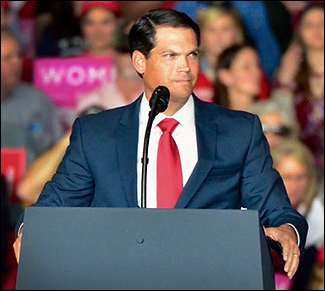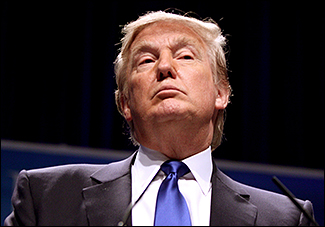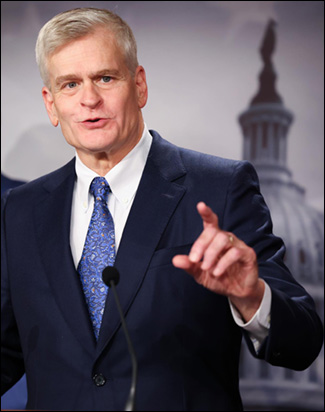By Jim Ellis — Thursday, March 14, 2024
President
No Labels Party: Votes to Field Candidate — On Friday, the No Labels Party members voted to move forward with fielding a presidential ticket in this year’s election, but apparently the organization is not close to identifying who might be those contenders. Some within the organization suggested nominating former Georgia Lt. Gov. Geoff Duncan (R), who is critical of former President Donald Trump.If No Labels were to go in this direction, it would signal that they are trying to be a spoiler — despite publicly saying that is not what their intention is — i.e., using a figure such as Duncan to draw votes away from Trump in the critical state of Georgia, which would give President Joe Biden a strong chance of again winning the state, thus assuring his re-election. Though the group wants to move forward with nominating a presidential candidate, the members are apparently a long way from selecting a ticket and gaining agreement from those who they might eventually choose.
Senate
New Jersey: Sen. Menendez Won’t Seek Re-Election — Facing multiple federal charges and consistent polling data showing him only with single-digit support within his own party, Sen. Bob Menendez (D) announced on Friday that he will not seek re-election later this year. This leaves the Senate Democratic field ostensibly to US Rep. Andy Kim (D-Moorestown) and Tammy Murphy, the state’s First Lady.
Sen. Menendez now becomes the ninth incumbent not to seek re-election in 2024, a figure that represents more than one-quarter of the 34 in-cycle senators. Of the nine, six are Democrats, two are Republican, and one, Sen. Kyrsten Sinema (I-AZ), who is now an Independent. Despite the large number of openings, it appears only two, Arizona and Michigan, will be competitive in the general election while three, Maryland, New Jersey, and Utah will see highly volatile Democratic (MD, NJ) and Republican (UT) primary elections.
House
MT-2: Rosendale Out, Again — Rep. Matt Rosendale (R-Glendive), in a statement saying he has received recent death threats amidst rumors of an extra-marital affair, has now decided he will not file for re-election. Yesterday was the Montana candidate filing deadline. MT-2 again joins the open seat ranks, as it did when Rosendale announced his short-lived US Senate campaign in February, which lasted only a week. He will retire from the House after serving two full terms, one as the at-large representative, and the other from District 2 since Montana earned a new seat in 2021 reapportionment.
State Superintendent of Public Instruction Elsie Arntzen announced before Rep. Rosendale decided to step aside that she would continue running for the House. State Auditor Troy Downing confirmed his congressional candidacy shortly after the congressman’s retirement announcement.
It is expected that most, if not all, of the seven other announced contenders, including former Congressman Denny Rehberg and state Senate President Pro Tempore Ken Bogner (R-Miles City), will continue with their congressional campaigns. The Montana primary election will be held June 4. The new Republican nominee will be a lock to win the general election in an eastern Montana district that the FiveThirtyEight data organization rates as R+30.
NY-1: Santos to Run Again — Expelled US Rep. George Santos (R), announced that he will indeed be on the ballot to return to Congress. He will not challenge Rep. Tom Suozzi (D-Glen Cove), who replaced him in New York’s 3rd Congressional District, but rather will oppose 1st District freshman Rep. Nick LaLota (R-Suffolk County). Santos calls LaLota an “empty suit RINO” (Republican In Name Only). LaLota was especially critical of Santos during his short tenure in office.
The new redistricting map makes the 1st District more Republican, but it is highly unlikely the new configuration will allow Santos to deny Rep. LaLota renomination. The New York primary is scheduled for June 25.







